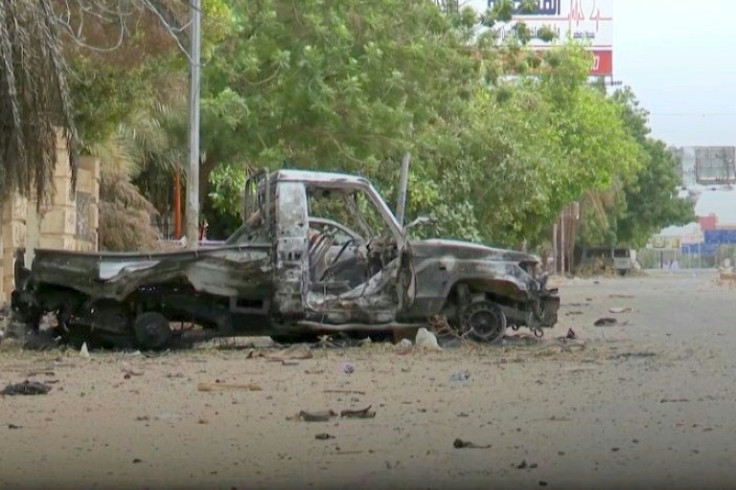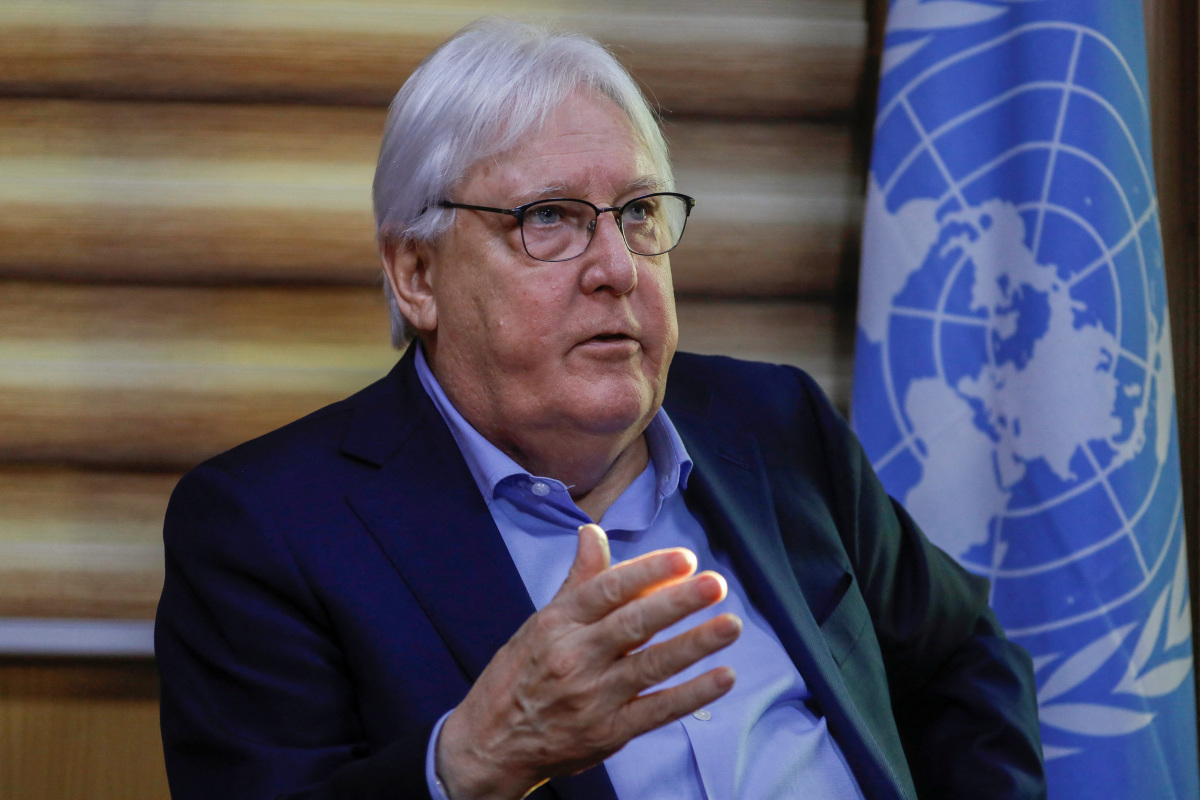KEY POINTS
- The U.N.’s humanitarian chief wants to meet face-to-face with leaders of the warring factions in Sudan
- They are now in the process of determining when and where to meet
- Martin Griffiths hopes that it would be within the next two or three days
The United Nations’ humanitarian chief on Wednesday pleaded with the warring factions in Sudan to allow humanitarian assistance to reach the needy, after six trucks carrying humanitarian supplies were looted and airstrikes continue to rain down in the Sudanese capital Khartoum despite a new ceasefire.
Martin Griffiths, the under-secretary-general for humanitarian affairs and emergency relief coordinator at the U.N., told reporters at a press briefing that he wants face-to-face meetings with each of the heads of the two warring sides in Sudan to secure public guarantees of safe passage of staff and supplies to Sudanese who need it the most.
Griffiths said he wants “the commitments publicly and clearly given by the two militaries, to protect humanitarian assistance, to deliver on the obligations to allow supplies for people to move, and that we should do that, and humanitarians universally do this, even when there is no formal natural ceasefire.”
“We will need to have agreements at the highest level and very publicly, and we will need to deliver those commitments into local arrangements that can be depended on,” Griffiths added.
Griffiths is in Port Sudan, the eastern coastal city that has become a default base for aid agencies that want to extend humanitarian assistance to Sudan amid nearly three weeks of in-fighting between Sudan’s military and the country’s main paramilitary force.
Since the fighting began, several U.N. staffers have been killed amid fierce battles in the streets.
Griffiths also confirmed that the six trucks of humanitarian aid sent by the World Food Program were looted while traveling to Darfur despite assurances of safety and security.
“It is a volatile environment. So, we need those commitments,” he said. “It is not as if we are asking for the moon. We are asking for the movement of humanitarian supplies and people. We do this in every other country, even without ceasefires. It is a tradition of the humanitarian enterprise to go where others do not.”
He also said that he had spoken by phone to Sudanese armed forces leader Gen. Abdel Fattah al-Burhan and Rapid Support Forces (RSF) commander Mohamed Hamdan Dagalo, better known as Hemedti, after aid agencies demanded detailed guarantees of safe passage of humanitarian assistance.
The U.N. emergency relief coordinator suggested that specific aid corridors and airlift operations would be required to distribute aid to Khartoum, Darfur and other areas. One possible route, he said, could pass through Wad Madani southeast of Khartoum and another from Chad into Darfur.
“We are very clear now in our operational requirements as to what we need in terms of commitments from them,” he told Reuters.
The U.N. estimates that about a third of Sudan’s 46 million population was already in need of humanitarian assistance even before the conflict broke out. In Khartoum, millions are still trying to shelter from open warfare as RSF forces are deeply embedded in residential neighborhoods.
Griffiths said that he still hopes to talk to Burhan and Hemedti, or any “empowered delegate who can sign off on these specific charters that we will put in front of them” to ensure smooth and safe delivery of aid.
“It’s important to me that we meet physically, face-to-face to discuss this, because we need it to be a public, accountable moment,” he told the outlet.
Griffiths said that they are now in the process of figuring out where and when to meet, which he hopes would be within “two or three days.”








